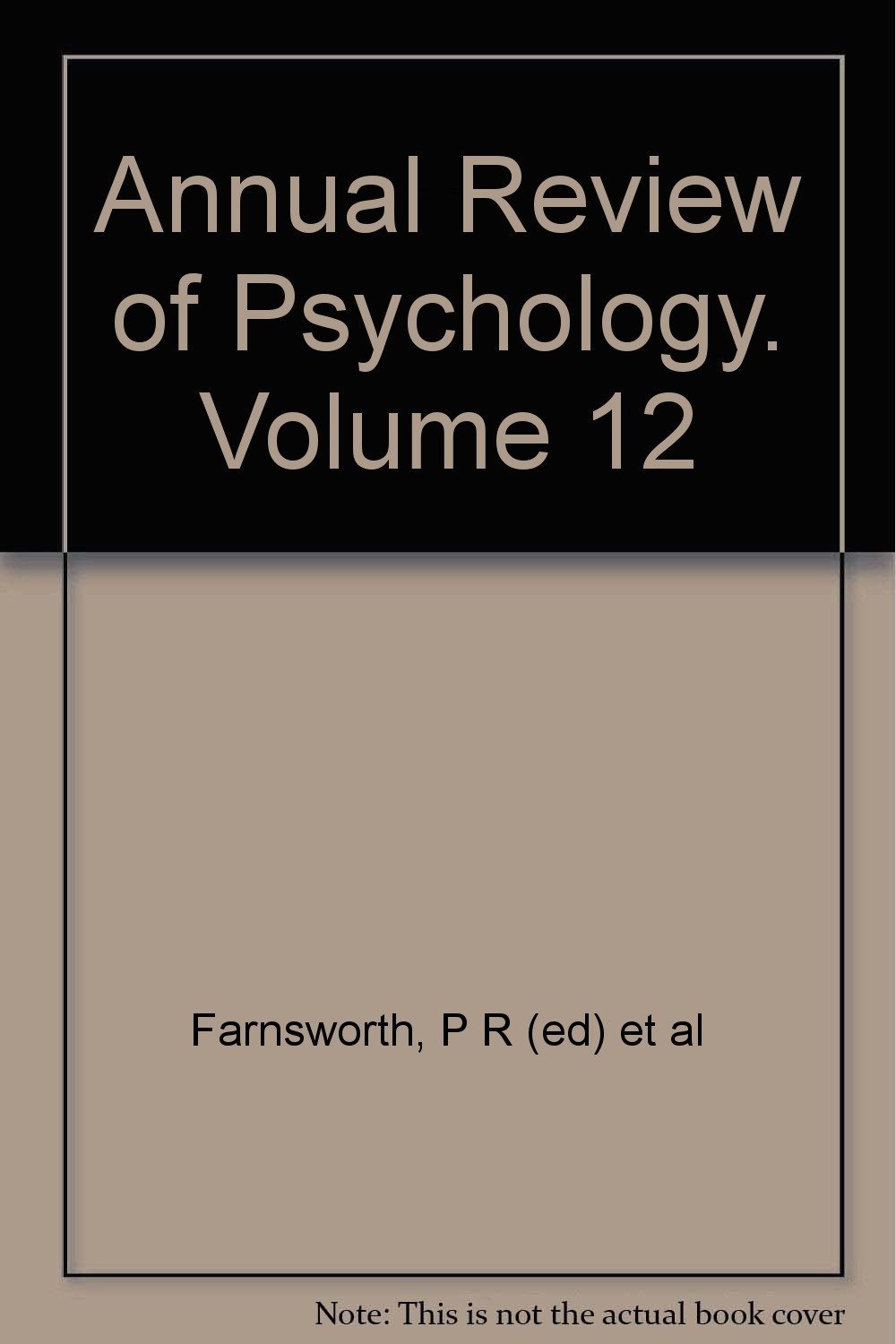注意力捕捉与控制
IF 29.4
1区 心理学
Q1 PSYCHOLOGY
引用次数: 0
摘要
本综述提出了一个理解注意控制的三方综合框架,强调自上而下、自下而上和选择-历史影响之间的相互作用和竞争。本综述的重点是注意捕获,它指的是突出的对象或事件在与观察者的目标、任务和意图不一致时仍能获得注意优先权的情况。综述描述了当突出对象的分心被阻止时,三方框架中的哪些部分会发挥作用,以及在哪些情况下无法控制注意力捕捉的发生。然后得出结论,注意捕捉主要可以通过与选择历史相关的隐性统计学习机制来主动控制。此外,还讨论了目前关于注意捕捉控制的争议。本文章由计算机程序翻译,如有差异,请以英文原文为准。
Attentional Capture and Control
The current review presents an integrated tripartite framework for understanding attentional control, emphasizing the interaction and competition among top-down, bottom-up, and selection-history influences. It focuses on attentional capture, which refers to conditions in which salient objects or events receive attentional priority even when they are inconsistent with the goals, tasks, and intentions of the observer. The review describes which components of the tripartite framework are in play when distraction by salient objects is prevented and the conditions in which there is no control over the occurrence of attentional capture. It then concludes that attentional capture can be controlled in a proactive way mainly by implicit statistical learning mechanisms associated with selection history. Current and lingering controversies regarding the control of attentional capture are also discussed.
求助全文
通过发布文献求助,成功后即可免费获取论文全文。
去求助
来源期刊

Annual review of psychology
医学-心理学
CiteScore
47.30
自引率
0.80%
发文量
48
期刊介绍:
The Annual Review of Psychology, a publication that has been available since 1950, provides comprehensive coverage of the latest advancements in psychological research. It encompasses a wide range of topics, including the biological underpinnings of human behavior, the intricacies of our senses and perception, the functioning of the mind, animal behavior and learning, human development, psychopathology, clinical and counseling psychology, social psychology, personality, environmental psychology, community psychology, and much more. In a recent development, the current volume of this esteemed journal has transitioned from a subscription-based model to an open access format as part of the Annual Reviews' Subscribe to Open initiative. As a result, all articles published in this volume are now freely accessible to the public under a Creative Commons Attribution (CC BY) license.
 求助内容:
求助内容: 应助结果提醒方式:
应助结果提醒方式:


